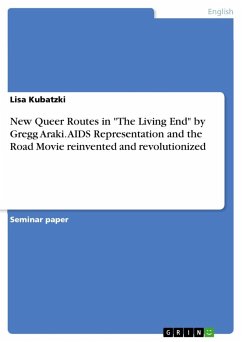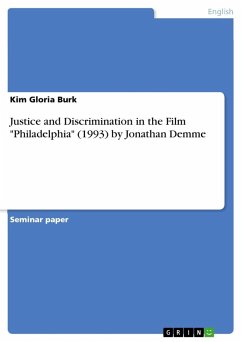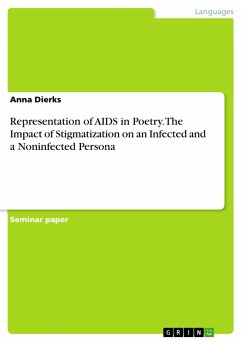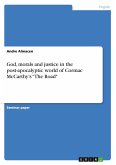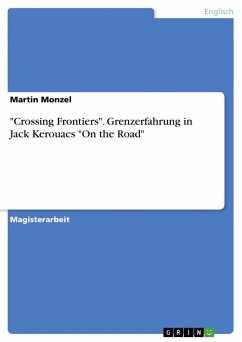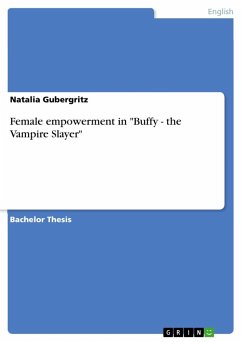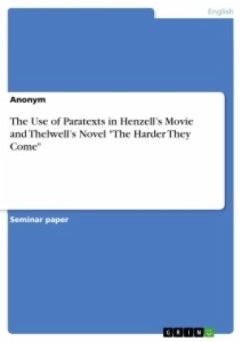Seminar paper from the year 2019 in the subject American Studies - Culture and Applied Geography, grade: 2,0, Humboldt-University of Berlin (Institut für Anglistik und Amerikanistik), course: New Queer Cinema, language: English, abstract: In this paper the emerge and characteristics of the New Queer Cinema is elaborated, particularly in the context of the AIDS crisis, as well as on the features of the classical road movie. The focus is mainly on Timothy Corrigan and Ruby Rich's features which they pointed out for each genre, but include many other sources of my findings. After setting the theoretical background for the analysis, a closer look will be made at AIDS representation and road movie features in the movie. It will be furthermore pointed out in which way The Living End queers them, or rather what makes the movie a new queer AIDS road film. The collective pain and resistance of the queer community during the AIDS crisis is fundamental to this queering of the genre(s).In the 1980s and early 1990s, a wave of fear, desperation and illness rushed over the US American society. The AIDS epidemic gained a foothold among the broad public in the 80s, causing the majority of society to fume and quash the queer community which they held responsible for the spread of the virus. Being under great pressure by this anti-queer attitude on the one side and the dying of masses of infected individuals and the government's ignorance of the AIDS crisis on the other, the community faced a harsh period of struggle, eventually resulting in the uproar of protest and resilience, also in the cinematic sphere. The New Queer Cinema movement is one outcome of this spirit of resilience whose filmmakers picked parts of movie and narrative conventions and made them queer, inventing new cinematic practices, all in order to fight back and empower the queer community in the times of struggle and crisis. One of the prime example films of that movement is Gregg Araki's The Living End (1992) which marks the fusion and intersection of the much needed overthrew of AIDS representation in media, - offering a queer point of view of life with the epidemic - and the classical road movie genre that the topic of AIDS queers in a typical New Queer Cinema manner. In fact, I claim that AIDS representation in The Living End transforms it into a new sub-genre, the new queer AIDS road film which follows traditions and abstractions of the classical road movie and mainstream AIDS representation of and prior to the 90s.
Hinweis: Dieser Artikel kann nur an eine deutsche Lieferadresse ausgeliefert werden.
Hinweis: Dieser Artikel kann nur an eine deutsche Lieferadresse ausgeliefert werden.

